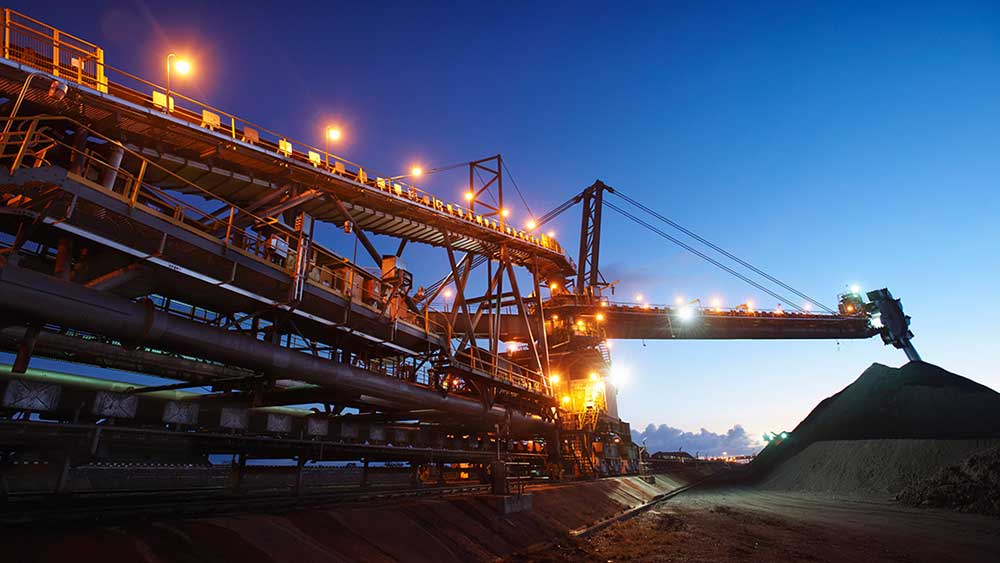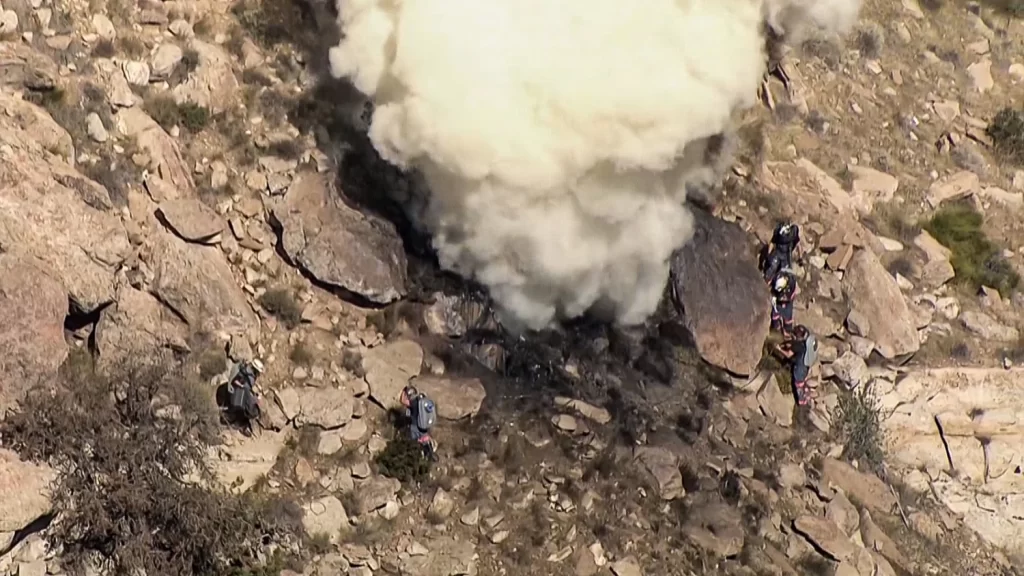Queensland, Australia’s largest coking coal exporter, has elected the conservative Liberal National Party (LNP) to a four-year term in government, marking a significant political shift after nine years of Labor Party rule. The 26 October election saw the LNP secure at least 48 seats in the 93-member unicameral parliament, with results still pending in several constituencies.
Coal Royalties Remain a Key Focus
One of the most pivotal issues in the LNP’s policy platform is its commitment to maintaining Queensland’s existing tiered coal royalty system. This structure, introduced on 1 July 2022, imposes a top rate of 40% on coal sold at prices above A$300/t ($197/t). Despite previous criticism from mining industry stakeholders, the LNP has promised not to alter this system in its first term, ensuring a continued revenue stream from the state’s robust coal industry.
Scrapping a Major Renewable Energy Project
In a notable shift from the previous administration’s energy policy, the LNP has announced plans to cancel the Pioneer-Burdekin pumped hydro dam. This project was central to the Labor Party’s strategy for transitioning away from coal-fired power and achieving a renewable energy target (RET) of 80% by 2035. The hydro scheme would have been the largest of its kind in the world and was intended to replace coal-fired generators over the next decade.
The LNP, however, has cited concerns over cost blowouts and delays, drawing comparisons to the federally funded Snowy Hydro 2.0 project. By halting the Pioneer-Burdekin project, the LNP aims to avoid driving up power costs, which was a significant point of contention during the election campaign.
Energy Security and Emissions Targets
While maintaining a commitment to emissions reduction, the LNP’s approach focuses on energy security and coal-based electricity generation. Queensland, which is also the second-largest LNG producer in Australia, relies heavily on coal-fired power. Although the incoming government plans to repeal Labor’s renewable energy target, it has pledged to retain the state’s goal of reducing emissions by 75% by 2035. However, LNP leader David Crisafulli dismissed calls from his federal colleagues to consider nuclear energy as a replacement for coal.
The LNP’s focus on energy security was underscored by its response to the 2021 explosion at the Callide coal-fired power plant, which is owned by the state utility CS Energy. The incident raised concerns over the reliability of coal-fired generators, leading the LNP to promise a maintenance guarantee on all state-owned generators until sufficient replacement capacity can be established.
Platform Balances Energy Costs, Policy Commitments
The LNP’s platform emphasized reducing the cost of living, particularly by stabilizing energy prices. While Labor had proposed significant rebates to address rising costs, the LNP’s strategy involves limiting expensive and delayed energy projects, thereby focusing on affordability and maintaining traditional energy sources. As such, Labor’s goal of achieving 80% renewable energy by 2035 through projects like Pioneer-Burdekin will be reversed in one of the more significant policy shifts – eliminating the 2022 renewable energy target.









